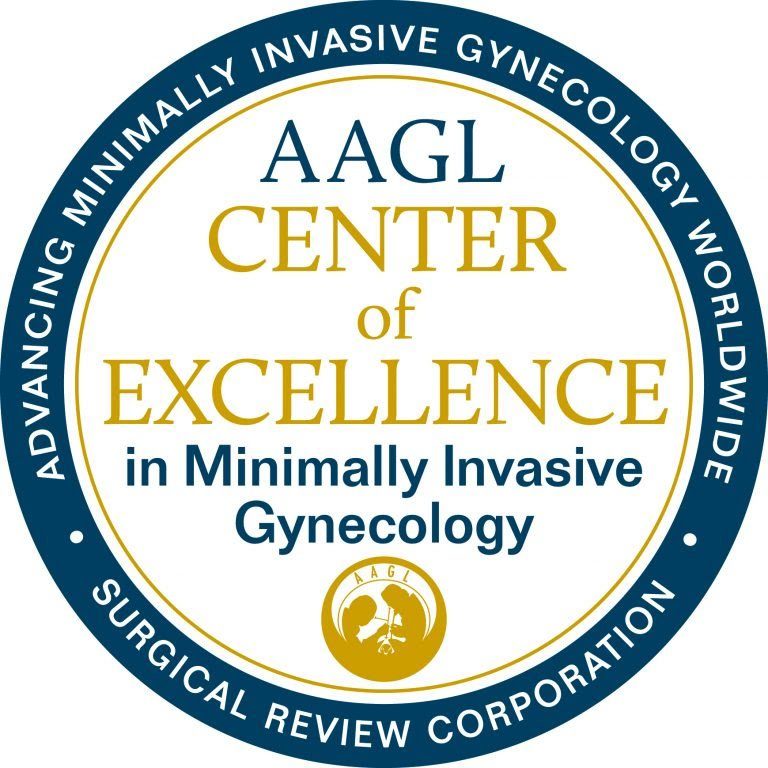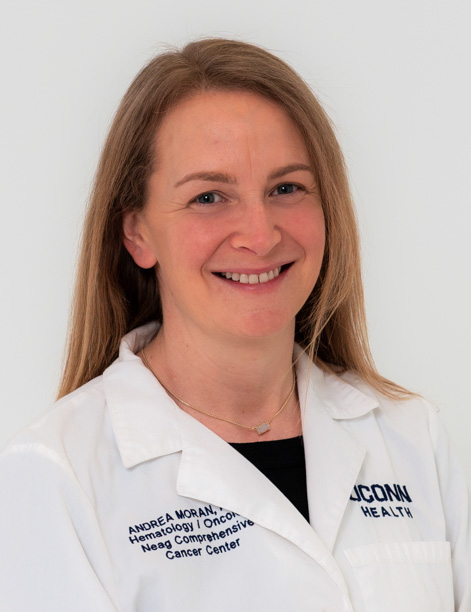Ovarian Cancer
Overview
Ovarian cancer is a relatively rare cancer found in one or both ovaries. Ovarian cancer accounts for about 3 percent of all cases of cancer in women. In general, your chances of getting ovarian cancer are 1 in 58 (compared to 1 in 7 for breast cancer), but the odds worsen as various risk factors are considered.
Ovarian cancer in its early stages often presents with no symptoms which is what makes it difficult to diagnose. When this cancer is found early and is limited to the ovaries, there’s a 90 to 95 percent chance the patient will survive long term. When it is detected at an advanced stage, the five-year survival rate is less.
The best precaution is to have a complete pelvic exam done every year by a physician who is aware of your family and medical history. It is especially important for your doctor to be aware of any factors that place you at higher risk for this disease.
Some factors that could increase a woman’s chances of developing ovarian cancer are:
- Being over 60 years of age
- Having a family history of ovarian, breast, or colorectal cancer
- Inherited mutations of the BRCA1 or BRCA2 genes
- A history of infertility or not having had a child
Request an Appointment
To schedule an appointment or for more information, call: Toll-free: 800-579-7822 Local: 860-679-2100
Symptoms
The symptoms of ovarian cancer are subtle. They may include:
- Abdominal swelling, bloating
- Indigestion
- Vague but persistent gastrointestinal complaints
- Frequent urination
- Menstrual disorders such as abnormal bleeding or postmenopausal bleeding
Diagnosis
Women at higher risk can take advantage of frequent screening tests, including a transvaginal ultrasound of the ovaries and in some cases, blood tests. Counseling and prevention strategies for women at higher risk are available at the Carole and Ray Neag Comprehensive Cancer Center. This may also involve a referral to a genetic counselor to consider genetic testing to determine if you have a mutation that predisposes you to ovarian cancer.
If cancer is suspected, exploratory surgery may be done so the doctor can see the ovaries and take tissue samples. If tests of the samples reveal cancer, then appropriate surgery is the initial phase of treatment, after which chemotherapy may be used.
Ovarian cancer is determined, but we are even more determined. Our researchers are working on a therapeutic vaccine aimed at eliminating the recurrence of ovarian cancer. Learn more.
What Women Need to Know About Ovarian Cancer
The Julie Merle Epstein Cancer Fund

UConn Health, an AAGL Center of Excellence
We are committed to offering minimally invasive surgery which includes advanced laparoscopic, vaginal, and abdominal approaches to complex gynecologic conditions and malignancies. Our providers are faculty within the COEMIG Center of Excellence for minimally invasive gynecology.
Nurse Navigator

Alicja Paci, BSN, RN
Ovarian, Endometrial, Cervical and Other Gynecologic Cancers, Prostate, Kidney, Bladder, Testicular
Phone: 860-505-9104
Fax: 860-676-3437
Our Team



